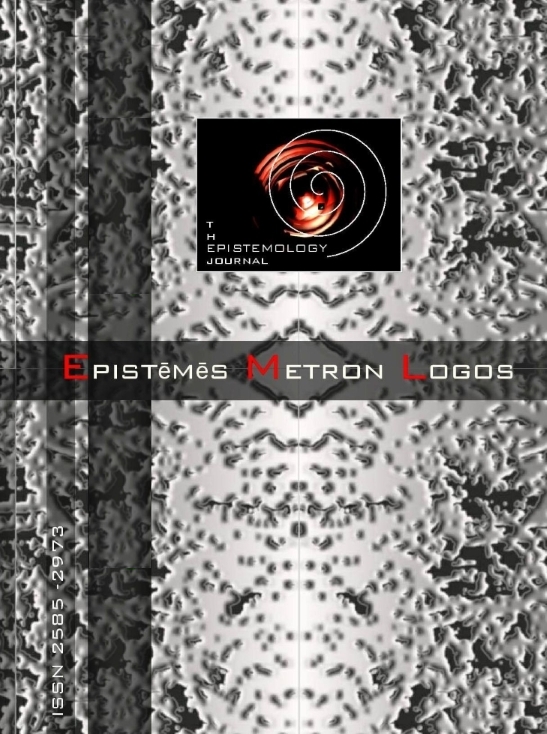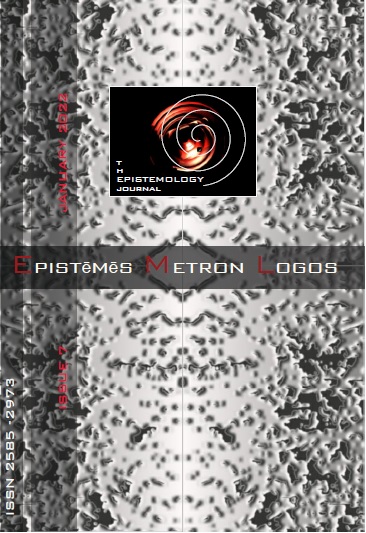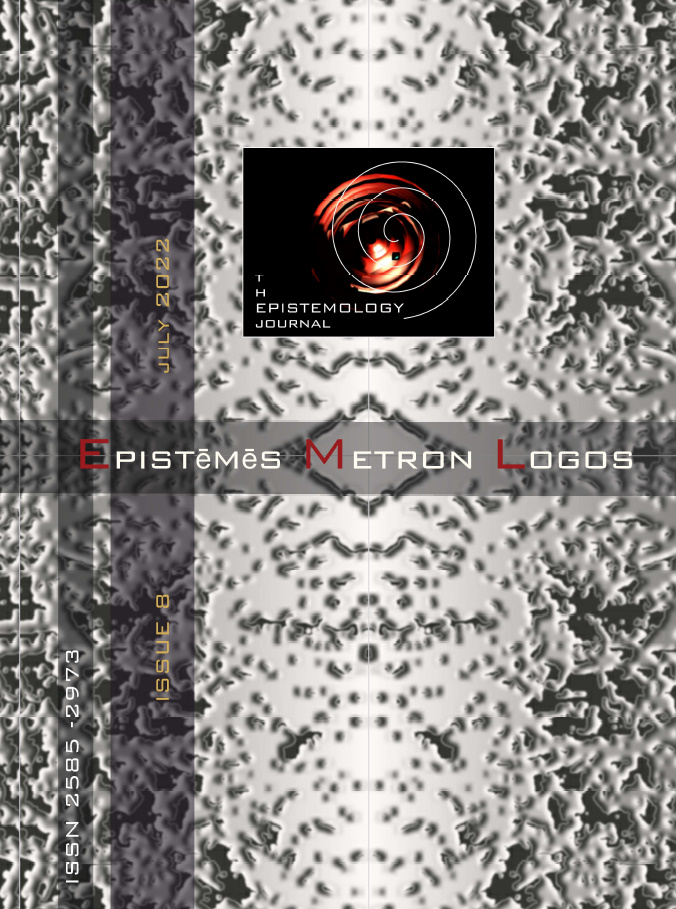Editors with multiple retractions, but who serve on journal editorial boards: Case studies
Abstract
In a recent opinion paper (https://doi.org/10.3897/ese.2022.e95926), it was argued that individuals with multiple retractions or a record of academic misconduct should not serve as editors, including as editors- in-chief, on the editorial boards of scholarly or academic journals. As a first step towards appreciating how such a policy could be applied in practice, the presence of 30 individuals listed on the Retraction Watch Leaderboard on editorial boards was screened. Six cases are highlighted to gain an appreciation of the potential reputational risks that journals and publishers might incur by including individuals with a tainted academic record on editorial boards. Given the reputational, legal and other risks associated with this type of assessment and decision, more formal positioning and guidance are needed by global ethics policy-related bodies such as COPE, the ICMJE, and the CSE, even more so in journals that claim to follow these organizations’ ethical guidelines.
Article Details
- How to Cite
-
Teixeira da Silva J. Α., & Vuong, Q.-H. (2023). Editors with multiple retractions, but who serve on journal editorial boards: Case studies. Epistēmēs Metron Logos, (9). https://doi.org/10.12681/eml.33935
- Section
- Publishing partner

This work is licensed under a Creative Commons Attribution-NonCommercial 4.0 International License.
Authors who publish with this journal agree to the following terms:
Authors retain copyright and grant the journal right of first publication with the work simultaneously licensed under a Creative Commons Attribution Non-Commercial License that allows others to share the work with an acknowledgement of the work's authorship and initial publication in this journal.
Authors are able to enter into separate, additional contractual arrangements for the non-exclusive distribution of the journal's published version of the work (e.g. post it to an institutional repository or publish it in a book), with an acknowledgement of its initial publication in this journal.
Authors are permitted and encouraged to post their work online (preferably in institutional repositories or on their website) prior to and during the submission process, as it can lead to productive exchanges, as well as earlier and greater citation of published work.





